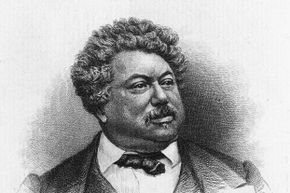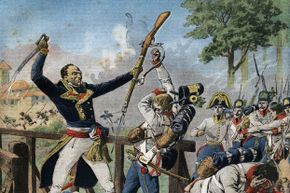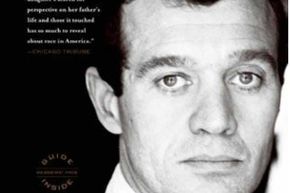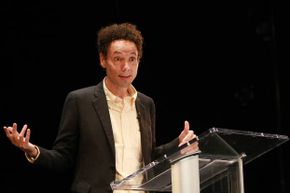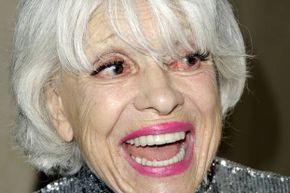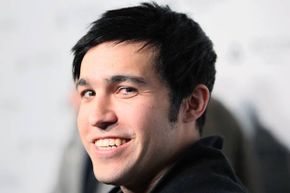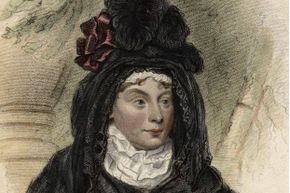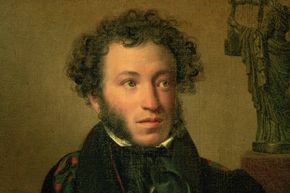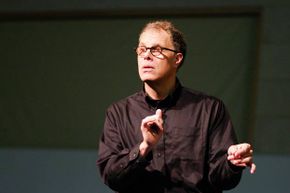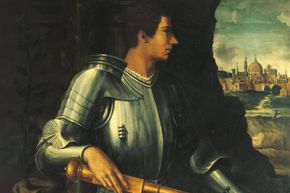What does it mean to be Black? Is it determined by the color of your skin, by your heritage or by the ethnic group with whom you most identify? And how does the "one-drop rule" — the idea that even a smidge of Black ancestry makes you Black — figure into this scenario?
In the American South, during the era of segregation, laws in many states mandated that a person who was at least one-sixteenth Black (i.e., had a great-great grandfather or grandmother who was Black) or some other tiny amount of Black blood was considered Black and therefore subject to the discriminatory laws that whites were not. This was informally known as the "one drop" rule [source: Davis]. Light-skinned African-Americans in the past might have determined whether it made more "sense" to embrace their Black heritage, Jim Crow laws and all, or to try and "pass" for white for more economic opportunities but at the cost of cutting themselves off from family and culture.
Advertisement
Today with the segregation laws scrapped, the choices are more nuanced. Where a person is raised, or who raised her might determine which ethnic group she identifies with. Or she may feel she shouldn't have to pick one group over the other.
While it hasn't always been in vogue to claim all the branches of one's family tree, embracing a multicultural past is becoming increasingly common. Take Hollywood, for example. Gone are the days of film stars escaping outdated perceptions by denying their ethnicity. Many of today's celebrities are racially ambiguous, from Mariah Carey to Dwayne "The Rock" Johnson. Today, we're sharing the stories of 10 people (past and present) you may not have known were Black. Let's start with an illustrious French family.
